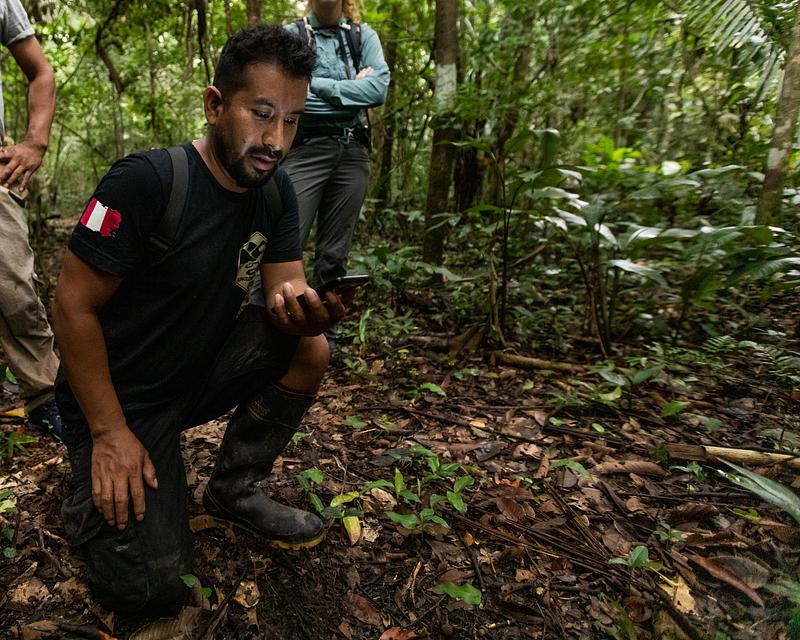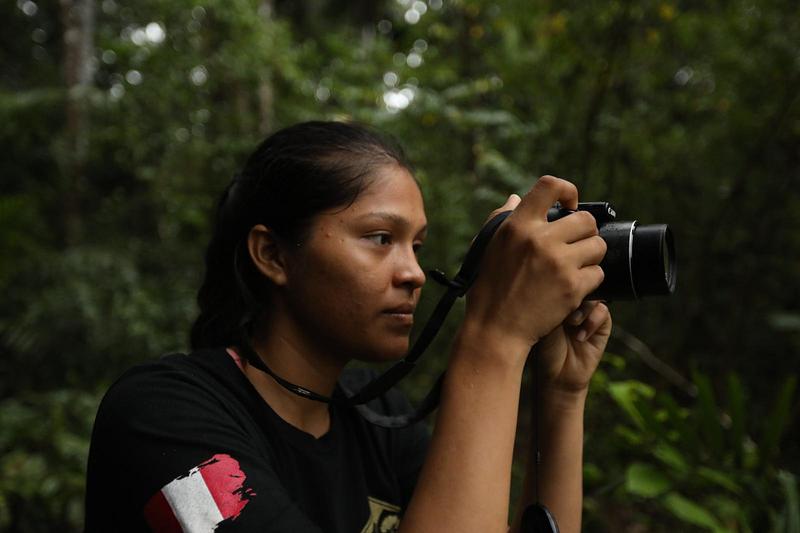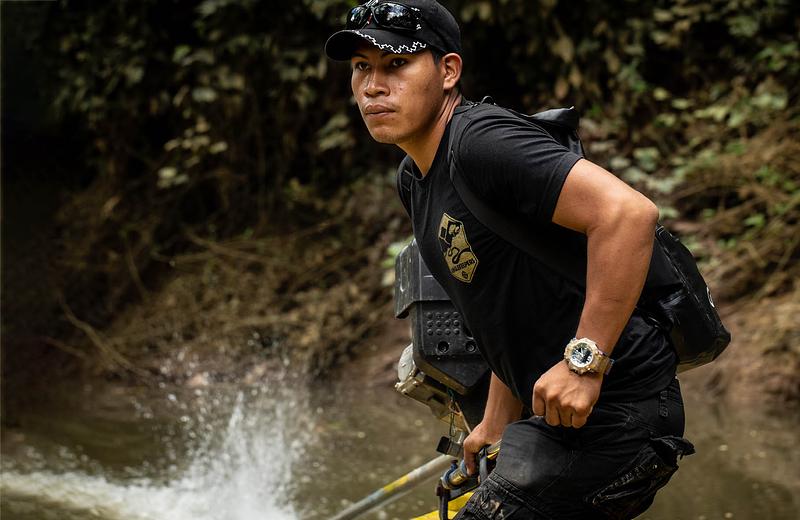It is central to the Junglekeepers ethos to employ and train local and indigenous community members in the active protection of land that is ultimately theirs.
Forest Rangers monitor our concessions, maintain trails and report any illegal activity occurring on the land being monitored. Rangers also track wildlife to contribute to broader scientific datasets in the region.
For local Peruvians, our Ranger Program also offers an employment alternative to protect the land rather than being forced to participate in harmful activity due to economic pressure. Our current and past rangers tell us this work is a great source of pride as it empowers them in the stewardship of their homeland.



